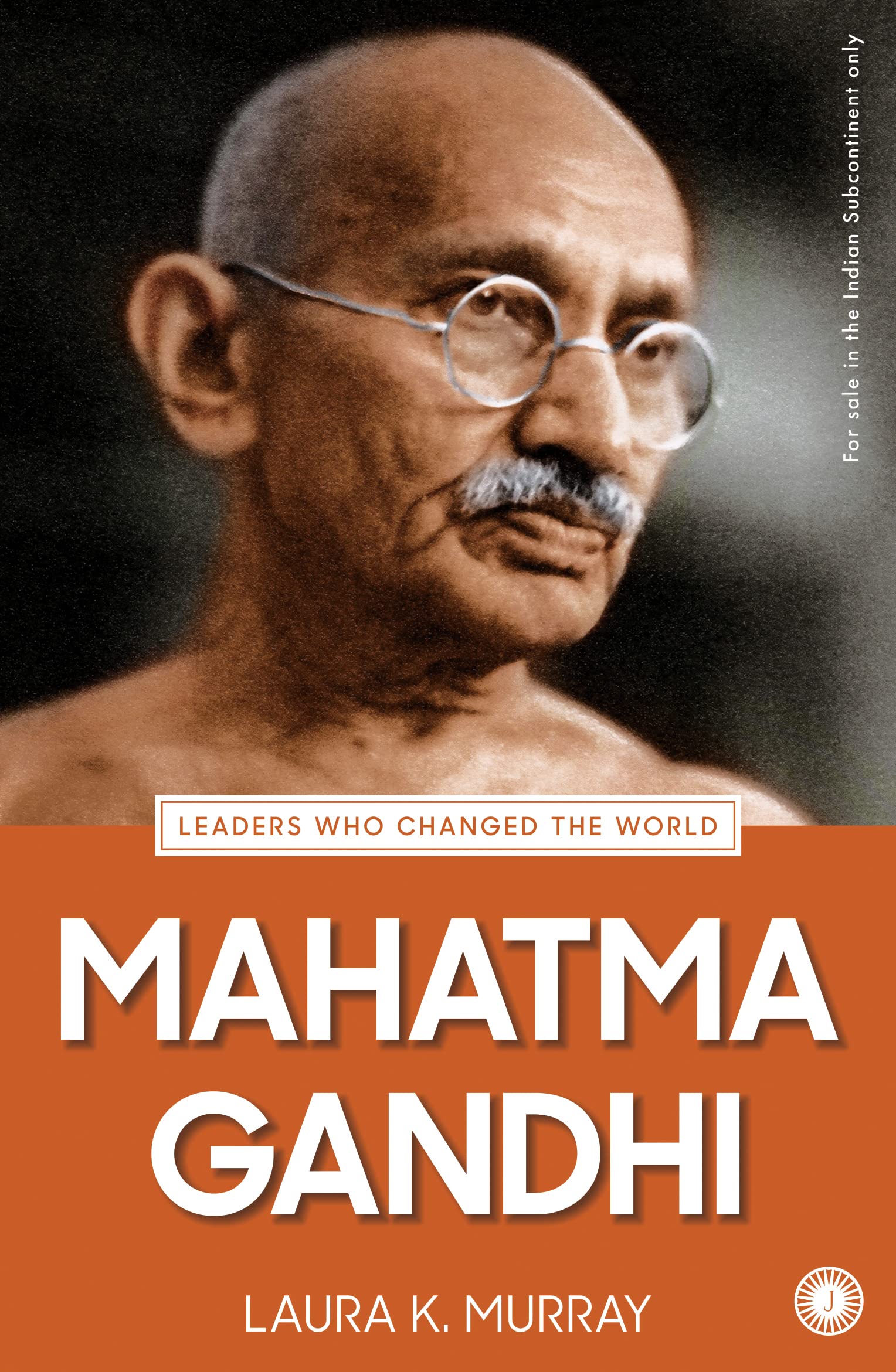
Some men changed their times...
One man changed the World for all times!
Comprehensive Website on the life and works of
Mahatma Gandhi
+91-23872061
+91-9022483828
info@mkgandhi.org

+91-23872061
+91-9022483828
info@mkgandhi.org

In 1948, the year that Mahatma Gandhi was assassinated, the Nobel Peace Prize was not awarded to anyone as they found no “suitable living candidate”. It is believed that he would have received the prize that year.
Beginning his career as a shy lawyer, Gandhi’s deep belief in justice helped him develop his philosophies about truth, tolerance, and nonviolence. He garnered supporters who wanted to follow his example of living simply, empowering others, and striving to unify all peoples.
Critics questioned his commitment to universal pacifism. Some even criticized him for focusing on initiatives besides India’s independence such as his involvement with the untouchables or his refusal to call for the elimination of India’s caste system altogether. Others held negative views of his political leadership and his perceived dedication to Indian nationalism over universal peace.
Yet, even today, Gandhi’s critics admit their admiration of his steadfast commitment to nonviolence. Read all about the remarkable journey of the flagbearer of nonviolent protests who was instrumental in India’s fight for independence.
Laura K Murray is the author of more than 80 published or forthcoming educational books. Her creative nonfiction, fiction and poetry have appeared in The Talking Stick, River Valley Woman, Vita.mn and elsewhere. She lives in Minnesota.